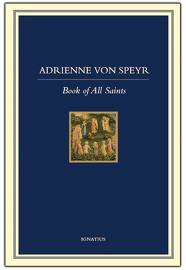Podcast: Play in new window | Download (Duration: 27:57 — 19.2MB) | Embed Subscribe: Apple Podcasts | Spotify | Amazon Music | Android | Pandora | iHeartRadio | JioSaavn | Podchaser | Gaana | Podcast Index | Email | TuneIn | Deezer | Anghami | RSS | More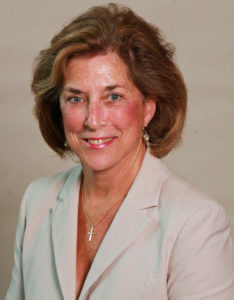
Dr. Patricia Cooney Hathaway concentrates on helping women understand the relationship between faith and human experience during the middle years within the context of the whole life cycle. This book is EXCELLENT! She explores the wrenching and puzzling questions women in their middle years need to ask: Who am I? Who am I with? Where am I going in terms of a life plan? What aids or blocks my growth? Is God a personal God who is invested in my life? Do I have a personal destiny related to God? What is the meaning of suffering? What is my fate after death? Drawing from the Mystical Doctors of the Church, Dr. Hathaway offers an outstanding spiritual resource for women.
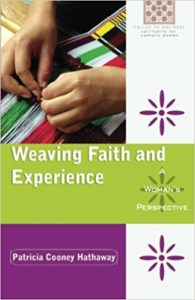 Click here to pick up a copy of Patricia’s book
Click here to pick up a copy of Patricia’s book
This outstanding book delivers what the title promises. Only an experienced spiritual guide could convey this wisdom with such clarity and practical focus. –Dr. Joann Conn
…a wonderful reverence for the Catholic spiritual heritage and a mature sensitivity toward the apostolic challenges and opportunities of our day. I recommend Hathaway s book wholeheartedly. –Howard Gray, S.J., assistant to the president, Georgetown University
All of us can profit by Dr. Cooney s challenges and reflections. –Margaret R. Brennan, I.H.M., professor emerita, Regis College

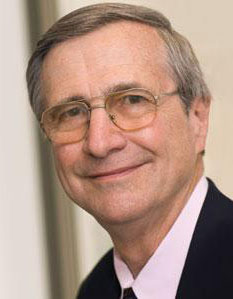
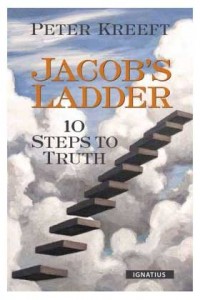
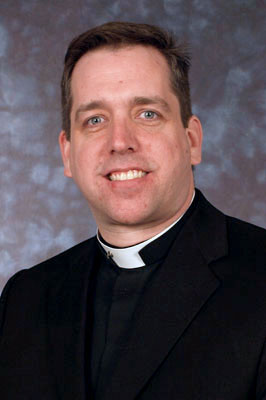 Fr. Scott Traynor talks about how we have to do more than just talk about prayer. He discusses how we must “live” our prayer in the union of love within the heart of the Holy Trinity. That is the goal of Christian prayer. He goes on to describe the very nature of the Holy Trinity….the relationship of love between the Father, the Son, and the Holy Spirit.
Fr. Scott Traynor talks about how we have to do more than just talk about prayer. He discusses how we must “live” our prayer in the union of love within the heart of the Holy Trinity. That is the goal of Christian prayer. He goes on to describe the very nature of the Holy Trinity….the relationship of love between the Father, the Son, and the Holy Spirit.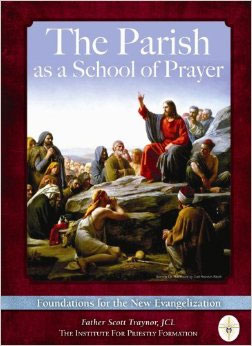


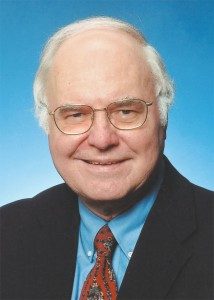 wisdom…when he so gently speaks, I listen….we all should! In “Living the Call: An Introduction to the Lay Vocation,” Michael, along with his co-author William E. Simon, Jr, establishes, in Part 1, of the book, the need for the lay vocation in the Church today. They chronicle that need with a national and global perspective. They also present how “living the call” looks in the lives of nine committed lay faithful working in parish life today.
wisdom…when he so gently speaks, I listen….we all should! In “Living the Call: An Introduction to the Lay Vocation,” Michael, along with his co-author William E. Simon, Jr, establishes, in Part 1, of the book, the need for the lay vocation in the Church today. They chronicle that need with a national and global perspective. They also present how “living the call” looks in the lives of nine committed lay faithful working in parish life today.
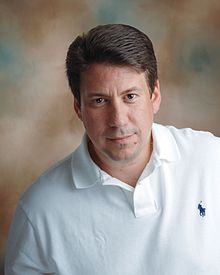 I love the book! “Ten Prayers God Always Says Yes To: Divine Answers to Life’s Most Difficult Problems” by Anthony
I love the book! “Ten Prayers God Always Says Yes To: Divine Answers to Life’s Most Difficult Problems” by Anthony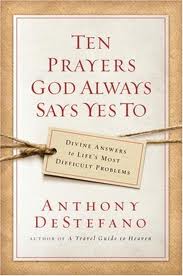 You can pick up the book here
You can pick up the book here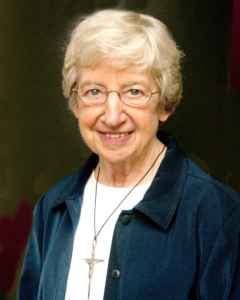
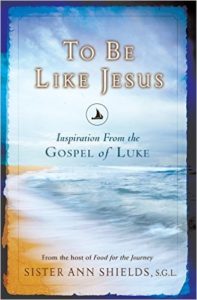
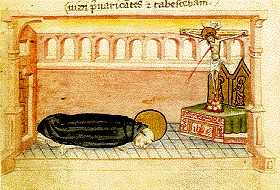 St. Dominic used to pray by throwing himself outstretched upon the ground, lying on his face. He would feel great remorse in his heart and call to mind those words of the Gospel, saying sometimes in a voice loud enough to be heard: “O God, be merciful to me, a sinner.” [Luke 18:13] With devotion and reverence he repeated that verse of David: “I am he that has sinned, I have done wickedly.” [II Kings 24:17]. Then he would weep and groan vehemently and say: “I am not worthy to see the heights of heaven because of the greatness of my iniquity, for I have aroused thy anger and done what is evil in thy sight”(28). From the psalm: “Deus auribus nostris audivimus” he said fervently and devoutly: “For our soul is cast down to the dust, our belly is flat on the earth!” [Ps. 43:25]. To this he would add: “My soul is prostrate in the dust; quicken thou me according to thy word” [Ps. 118:25].
St. Dominic used to pray by throwing himself outstretched upon the ground, lying on his face. He would feel great remorse in his heart and call to mind those words of the Gospel, saying sometimes in a voice loud enough to be heard: “O God, be merciful to me, a sinner.” [Luke 18:13] With devotion and reverence he repeated that verse of David: “I am he that has sinned, I have done wickedly.” [II Kings 24:17]. Then he would weep and groan vehemently and say: “I am not worthy to see the heights of heaven because of the greatness of my iniquity, for I have aroused thy anger and done what is evil in thy sight”(28). From the psalm: “Deus auribus nostris audivimus” he said fervently and devoutly: “For our soul is cast down to the dust, our belly is flat on the earth!” [Ps. 43:25]. To this he would add: “My soul is prostrate in the dust; quicken thou me according to thy word” [Ps. 118:25]. For the complete list visit:
For the complete list visit: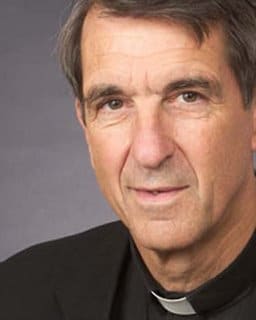 Adrienne von Speyr (1902 – 1967) was a Swiss medical doctor, convert to Catholicism, a mystic, wife and author of over 60 books on spirituality and theology. She collaborated closely with Hans Urs Von Balthasar, her confessor for 27 years, and together co-founded the Community of Saint John. Her numerous writings, published by Ignatius Press, are being recognized by leading theologians as a major contribution to the mystical and spiritual writings of the Church.
Adrienne von Speyr (1902 – 1967) was a Swiss medical doctor, convert to Catholicism, a mystic, wife and author of over 60 books on spirituality and theology. She collaborated closely with Hans Urs Von Balthasar, her confessor for 27 years, and together co-founded the Community of Saint John. Her numerous writings, published by Ignatius Press, are being recognized by leading theologians as a major contribution to the mystical and spiritual writings of the Church.